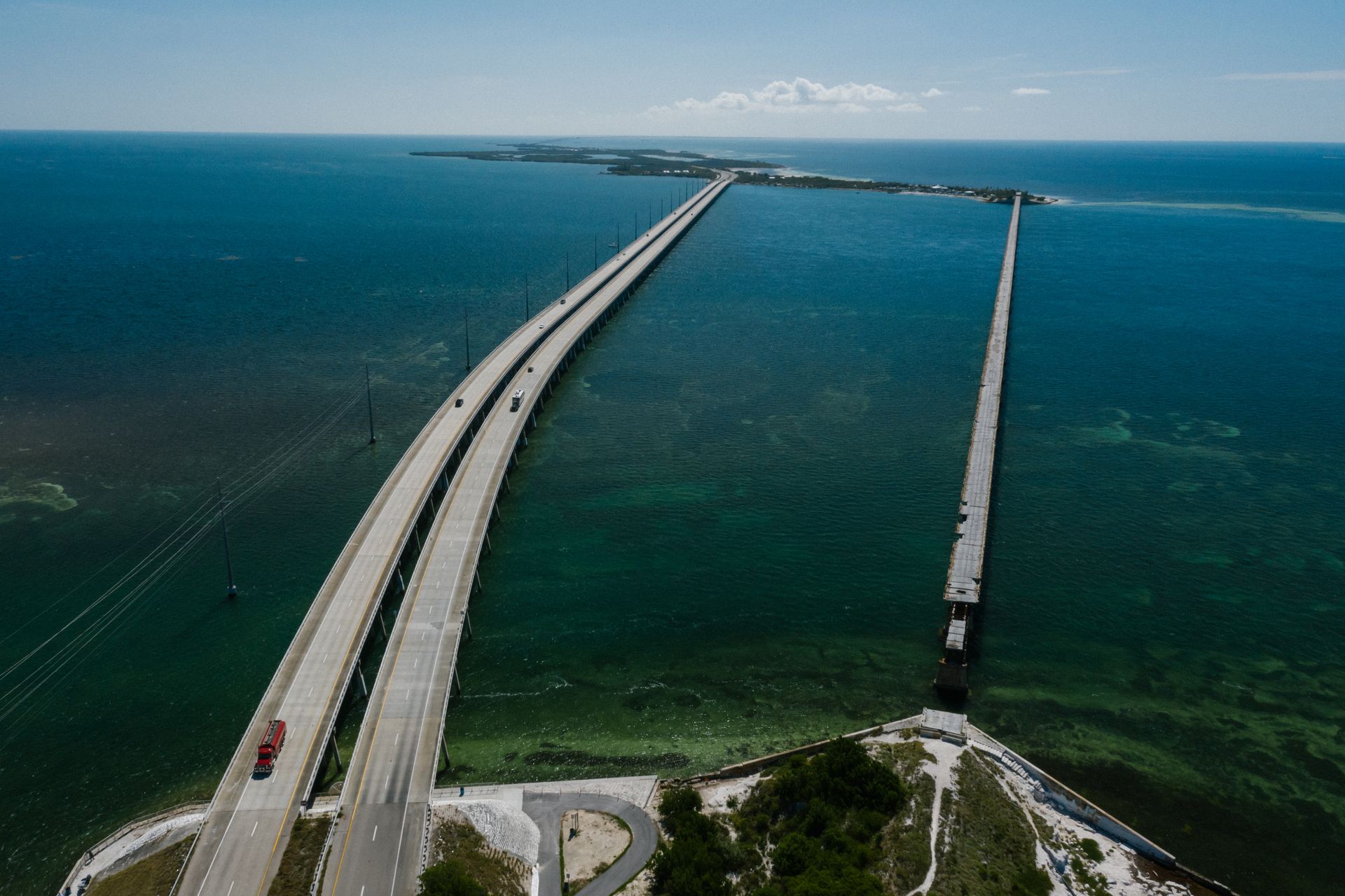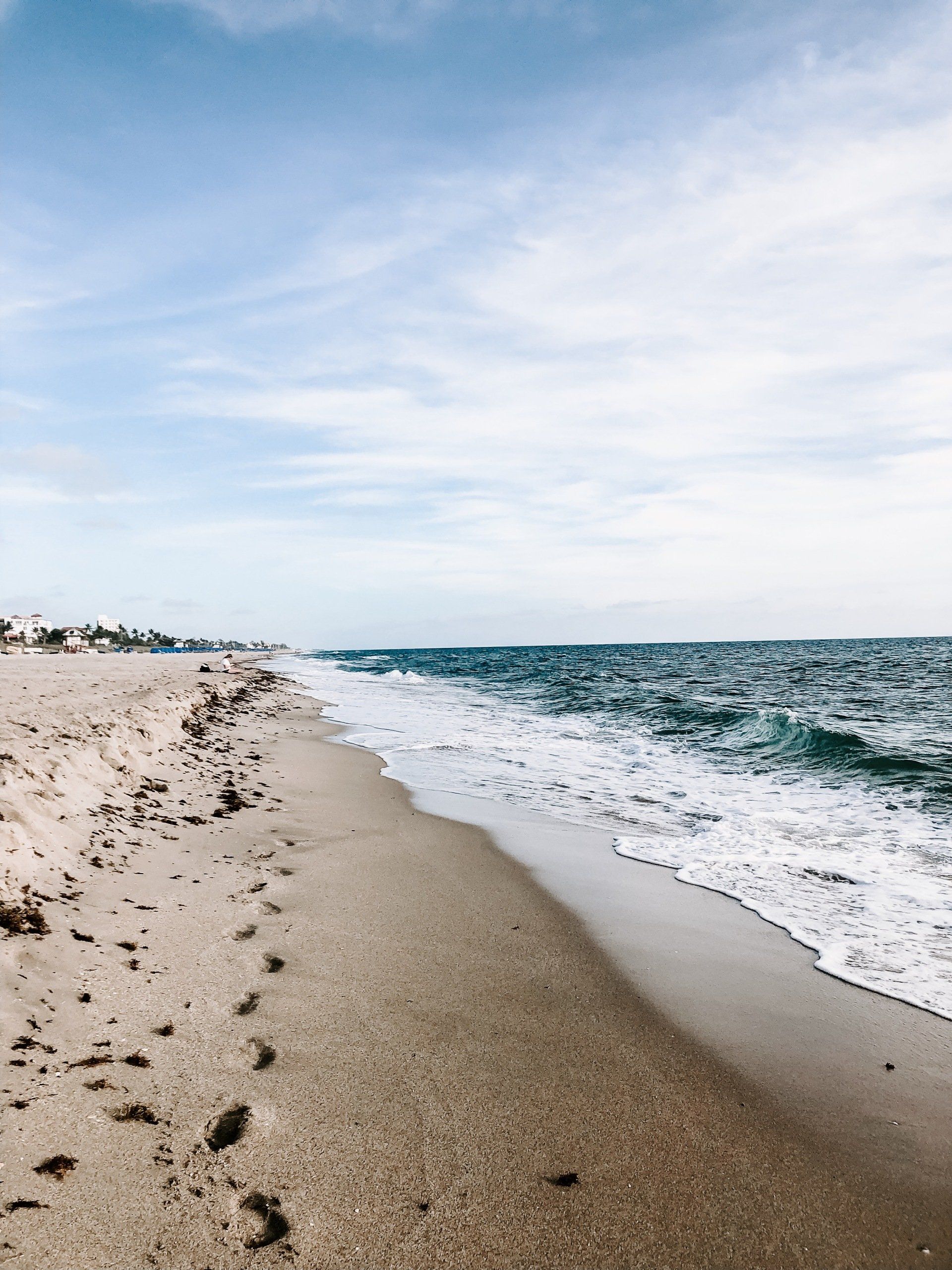Florida Resources
Welcome to the Florida Resources page, below you will find key information relating to Florida's Infrastructure grants and allocations.
Bipartisan Infrastructure Law in Florida
To date, $9.2 billion in Bipartisan Infrastructure Law funding has been announced and is headed to Florida with over 340 specific projects identified for funding. Since the Bipartisan Infrastructure Law passed, approximately $6.7 billion has been announced for transportation – to invest in roads, bridges, public transit, ports and airports – and roughly $800 million has been announced for clean water.
Funding:
The IIJA is estimated to bring $16.7 billion in transportation formula funds to Florida among FDOT, transit agencies, airports, and other partners. FDOT is estimated to receive $13.5 billion under the IIJA in formula funds. This is $3.5 billion and 35 percent more than provided by the FAST Act.
The IIJA includes 13 existing and 21 new transportation-related, competitive grant programs totaling $187 billion in potential funding. The U.S. Department of Transportation will issue a Notice of Funding Opportunity for each grant program with further information. The timeline will likely be different for each grant program. Applicants may apply for funding based on eligibility. Eligible requirements such as recipients and activities will vary from program to program.
Competitive Grants:
Local agencies (cities, counties, MPOs, and transit agencies, for example) may be eligible for a myriad of competitive grant programs under the IIJA. FDOT encourages our local partners to help maximize Florida’s transportation system by submitting applications to competitive grant programs. For more information on collaboration with the FDOT on federal competitive grant programs, visit FDOT's
Federal Discretionary Grants information page.
Florida Fact Sheet
Florida Resources





Florida News & Events





